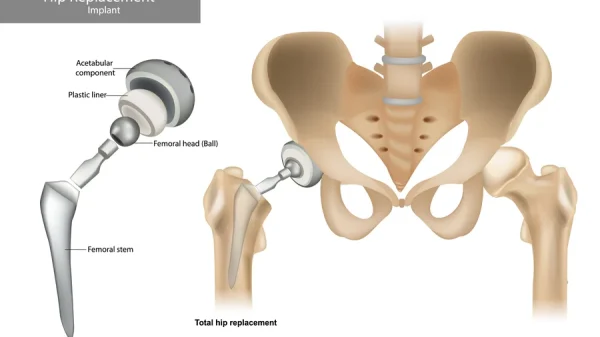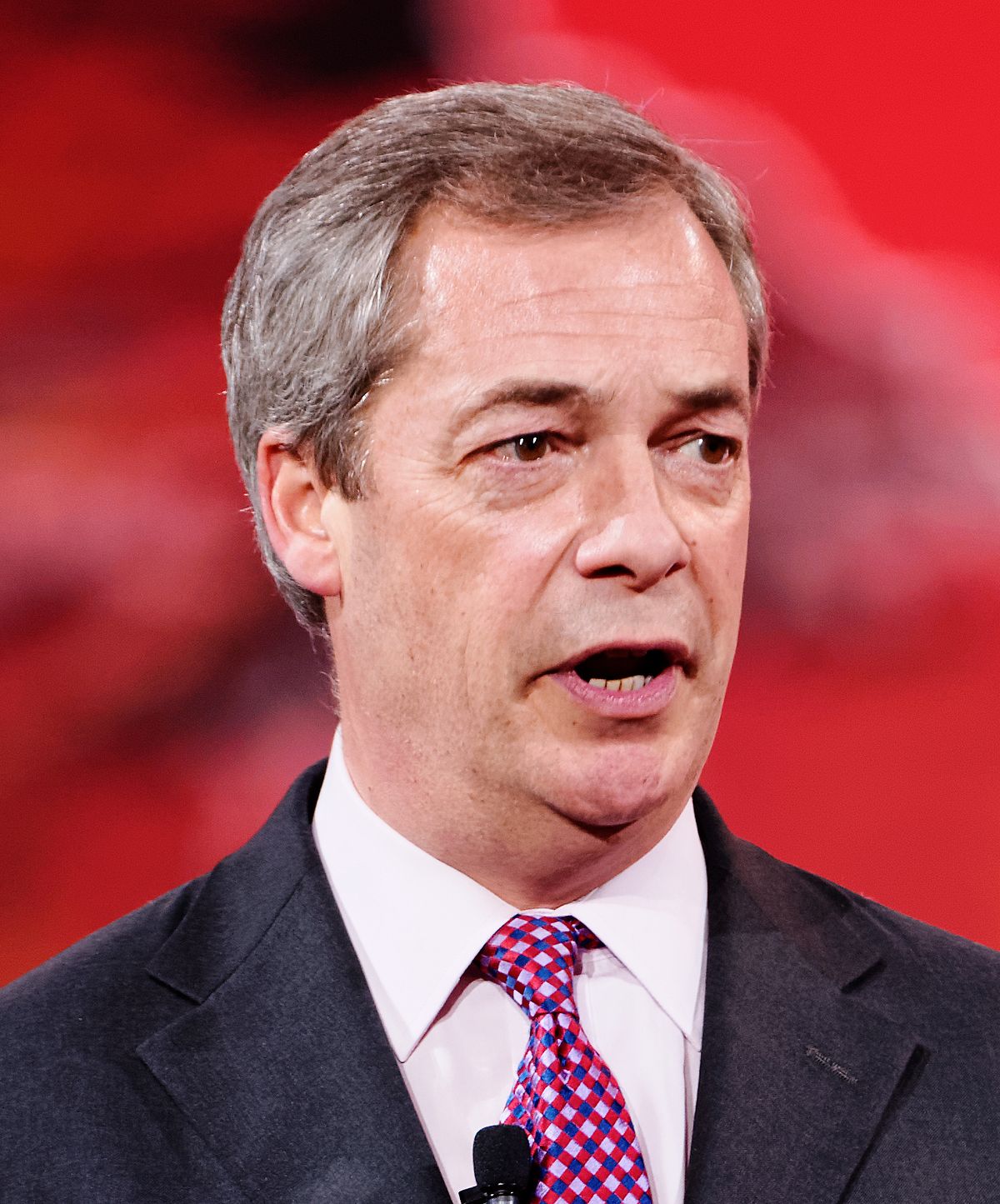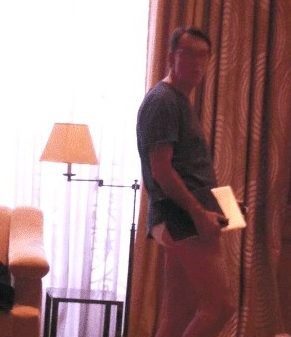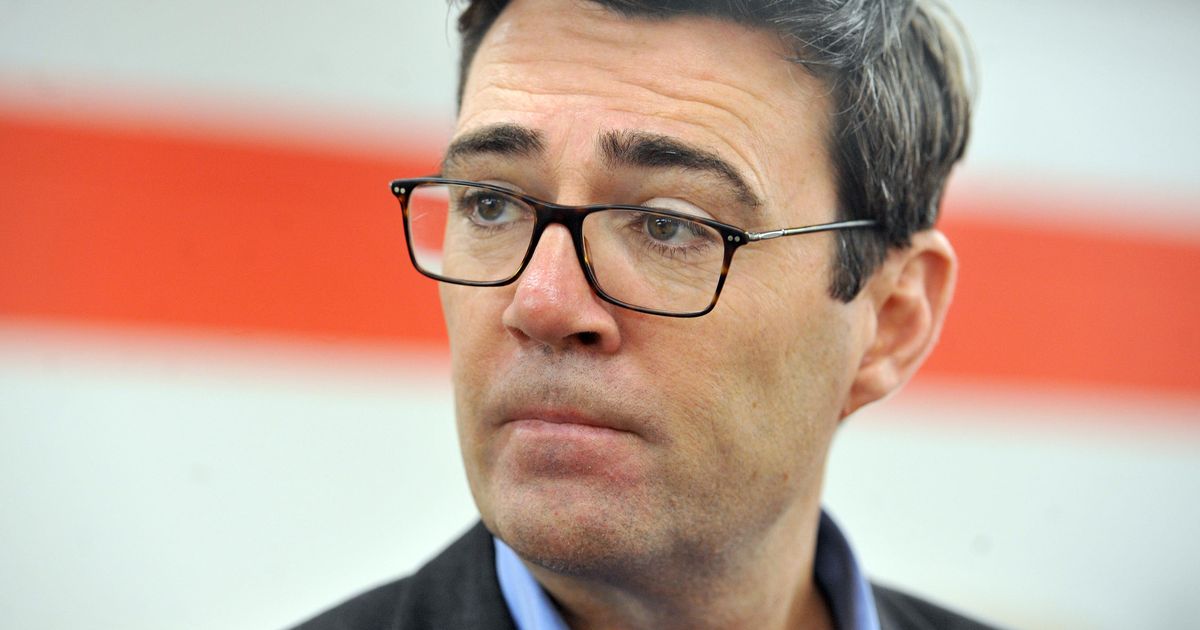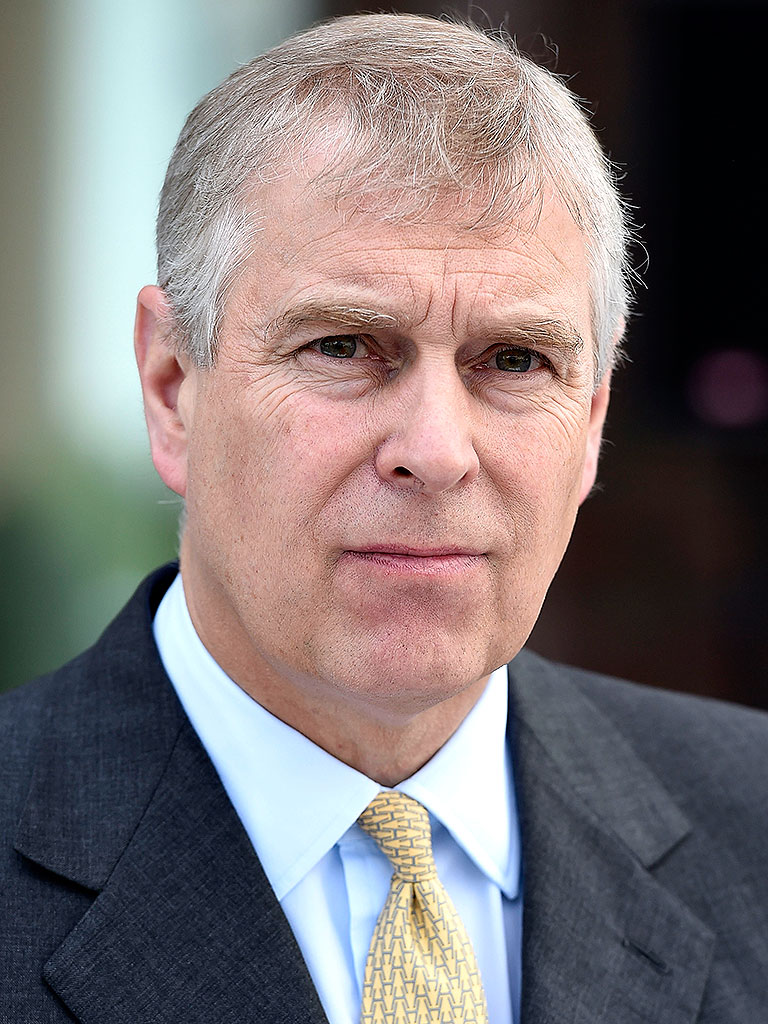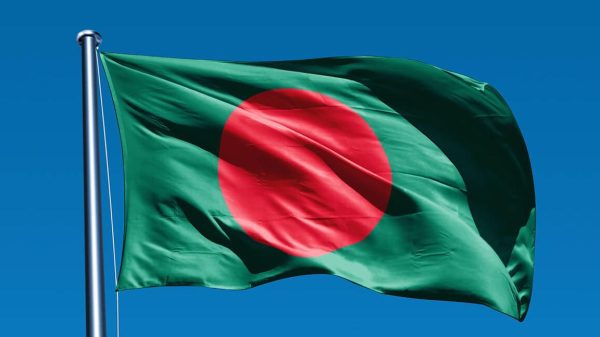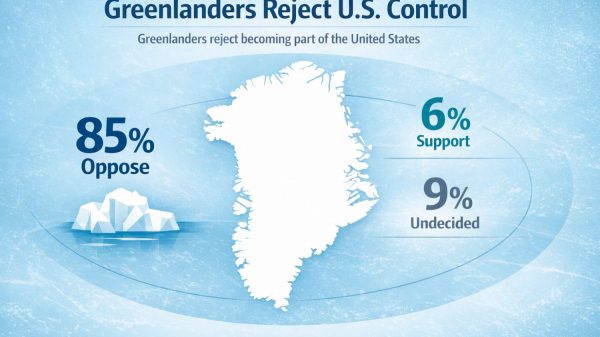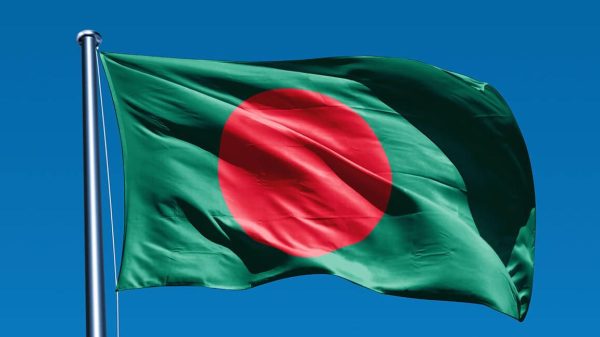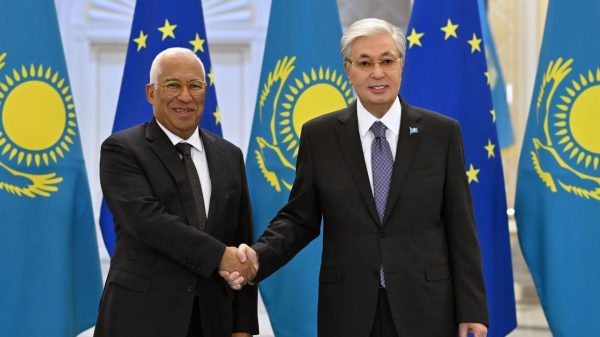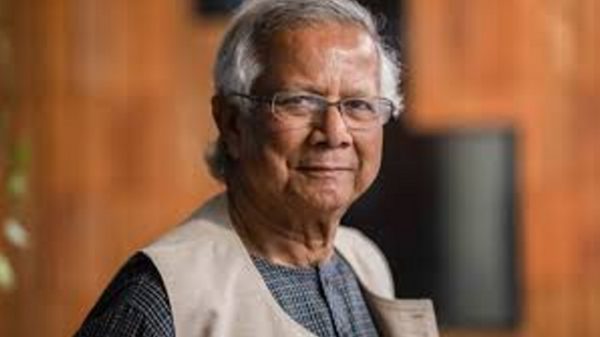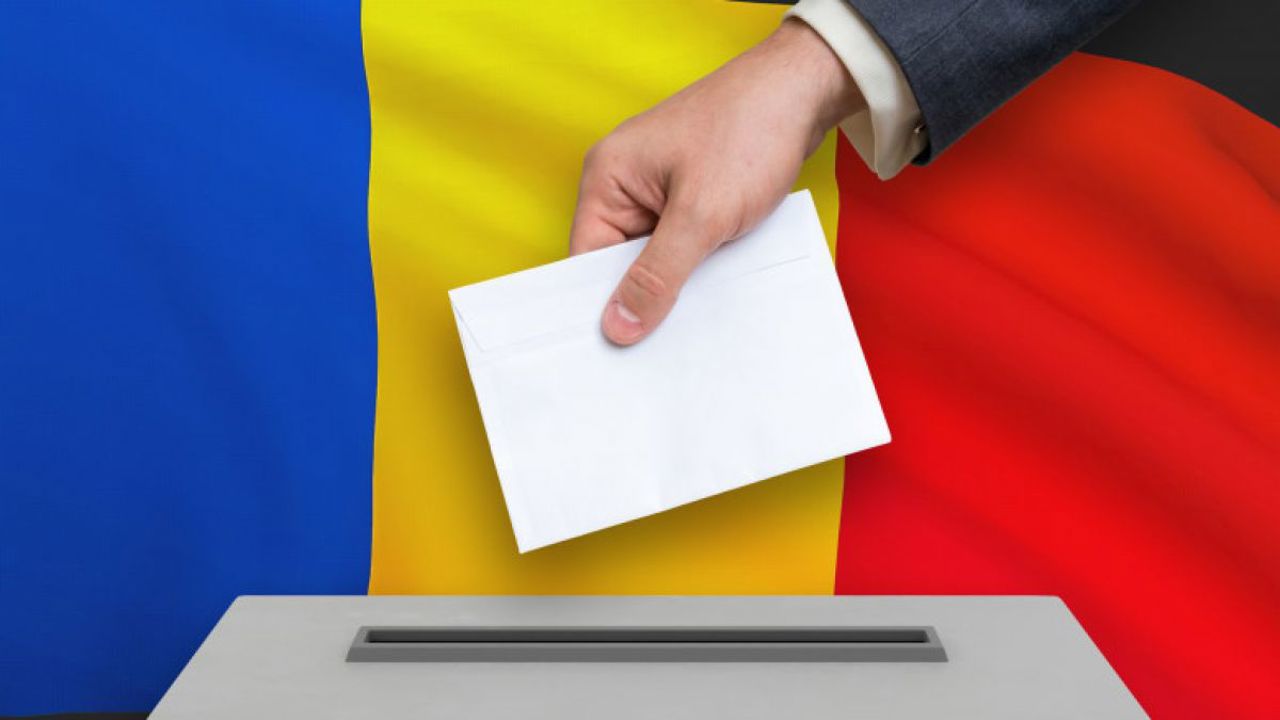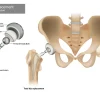On the 28 September, Moldovans will cast their votes in parliamentary elections that could decide not only the country’s future but also the shape of Europe’s eastern border. What might look like a domestic contest is, in reality, a defining moment in a geopolitical tug of war between the European Union and Moscow.
Moldova’s significance has grown dramatically since Russia’s full-scale invasion of Ukraine. For Brussels, Moldova is no longer a distant neighbour but a frontline state whose stability and democratic progress are inseparable from Europe’s own security.
Two different futures, one clear choice
On one side, the pro-European governing party seeks a renewed parliamentary majority to consolidate reforms launched in 2021. These reforms—ranging from strengthening the rule of law to cleaning up endemic corruption—are designed to pave Moldova’s path toward EU accession. President Maia Sandu, re-elected in 2024, has been tireless in promoting Moldova’s European perspective, often reminding her citizens that they deserve to “live as Europeans, with dignity and security.”
On the other side stand pro-Russian forces who appear determined to reverse course. Their rhetoric is, it is said, a familiar one: apparent promises of cheap energy, stability under Moscow’s wing, and nostalgia for a past where Moldova had little agency of its own. But, it is further argued by one seasoned EU insider,” behind the slogans lies a return to dependence—economic, political, and cultural—on a Kremlin whose interests rarely align with the aspirations of ordinary Moldovans.”
The Brussels-based pundit added ”Moscow, bruised by its defeat in last year’s presidential race, is throwing everything into this election – alleged disinformation campaigns, hybrid operations, and smear tactics – apparently targeting the very reforms that have brought Moldova closer to Europe. The contest is not just about seats in parliament but about Moldova’s place in the world.”
A society that has already changed
Yet anyone walking through Chisinau today can sense that Moldova has already turned a page. The capital feels more European than ever: bustling cafés, modern restaurants, and young professionals switching seamlessly between Romanian, English, and other EU languages. Outside the city, rural guesthouses and eco-tourism projects showcase a country eager to welcome European visitors, something unthinkable under the old pro-Russian leadership when Moldova was often considered unsafe and unwelcoming.
This transformation is not cosmetic. It reflects a deeper resilience. Moldovans have endured crises—from energy blackmail to disinformation storms—but remain committed to building a stable, peaceful, European country. A referendum last year confirmed that over half of the population wants EU membership, a clear signal that the old promises of “cheap gas for loyalty” no longer suffice.
Europe’s stake, Moldova’s responsibility
For Brussels, the outcome of these elections matters enormously. A Moldova firmly anchored in the EU trajectory would send a powerful message that democratic reform and resilience are still possible in Europe’s neighbourhood. A Moldova drifting back into Moscow’s orbit, however, would signal vulnerability at Europe’s doorstep.
But ultimately, the decision rests with Moldovans themselves. On 28 September, they hold in their hands a historic responsibility: to confirm their country’s European course and accelerate the march toward EU membership by 2030—or to risk sliding backwards into possible dependency and uncertainty.
Moldova may be small, but as visitors quickly discover, it is a country with a big heart and even bigger aspirations. What its citizens decide at the ballot box will reverberate far beyond Chisinau, shaping the future of Europe’s eastern frontier.
Last month, leaders from France, Germany and Poland travelled to Moldova to show support for the country’s accession to the EU and warn of Russia’s “relentless” efforts to undermine that ambition. The visit came as Moldova marked 34 years of independence from Moscow. Sandu ,who went to Harvard and used to work for the World Bank, says EU membership is “not a distant dream, but a project we are working on”, one that is vital as a guarantee of security.
A Soviet republic for 51 years, Moldova is flanked by Ukraine and Romania and one of Europe’s poorest countries. It has a population of 2.5 million and an expat population of 1.2 million.
Sandu’s rival last year, Alexandr Stoianoglo, who was backed by the pro-Russian Party of Socialists, had called for a closer relationship with Moscow.
After her victory, EU Commission President Ursula von der Leyen congratulated Sandu, saying, “it takes a rare kind of strength to overcome the challenges you’ve faced in this election. I’m glad to continue working with you towards a European future for Moldova and its people.”
President Sandu’s party, PAS, are hoping that the elections next week will give it a new mandate to push ahead with reforms.
As with last year’s presidential election, the parliamentary vote is, and with good reason, widely seen as a choice between Europe and Russia.

